You may not realise that your organization’s actions and processes are stopping you from hiring the top talent.

We’ve all been there – the interview went well, the candidate seemed engaged, you send out the offer, but it’s either rejected, or you’re ghosted. Or even worse, you post an advert with the right salary and a great job description, and see zero applications. It’s just a tough market right now, right?
Wrong! Even if candidates are tough to find, or you only see a handful of the best people, you should always be able to convert someone who wants to work for you, even if the skills and experience aren’t the perfect match. Maybe it’s less to do with what the rest of the world is doing, and more to do with how your organization approaches hiring and advertising.
If you’re finding that your job vacancies remain open for a long time, or that candidates turn you down with little to no reason, it’s time to look at some of the factors that are causing this. By making sure your process is on it’s A-game, you can then look at the wider world of work, rather than blaming shortages or the salary.
So let’s dive in!
Reason #1: Inappropriate or annoying interview questions
The job interview is a critically important part of any application process. But many employers forget to use the interview as it should be used; as an opportunity for both the employer and the candidate to feel each other out, ask questions and really understand what the future would look like.
Instead, employers see this as a chance to ‘grill’ the candidate, test their skills and knowledge, and look for some sort of commitment to the role before an offer has been made. Worse still, some hiring managers get too personal too quickly! Questions about family life, children, other commitments and even completely unrelated questions about political views or even personal preferences are a one-way ticket to a candidate who is left scratching their head and already saying ‘no’ before the interview is over.
This is where the human resources department needs to step up and ensure the interview process follows a clear structure and guidelines, including building in opportunities for the candidate to get what they need out of the interview. It’s also an opportunity for hiring managers who can be a little too direct to understand that the interview is sometimes a sales pitch, and being too personal too quickly is annoying. If you really want to know more about a candidate’s personal life, create open questions that give them the opportunity to tell their story their way, instead of forcing it out of them.
Reason #2: Unclear salary and benefits package

Many organizations choose to type ‘competitive’ on the job advert rather than attach a salary, or obscure actual potential earnings by posting numbers that aren’t quite accurate. Guess what? Overselling a salary or benefits package is a very easy way to get a very fast ‘no’ from a prospective hire.
No matter which way you look at it, people don’t turn up to a non-volunteering job for the love of it. Everyone has bills to pay or future aspirations, and changing the salary halfway through the process or revealing that the commission is ‘actually the maximum, if you hit peak performance’ will see your candidates move onto the next employer who sets out the salary from day one, and it doesn’t change.
Instead, create an open and transparent salary structure – this could also solve internal problems when someone finds out their coworker is on more than them. Whoops!
Reason #3: Unrealistic or unclear skill requirements
This one puts people off applying from the get-go. And recruiters love to laugh when they see it.
Whether its asking that graduates have at least a few years of experience, or requiring janitors to have a college education, sometimes hiring managers get carried away with what they’d like a candidate to have, rather than what they need a candidate to have.
Absolutely, if you’re hiring a surgeon, they need to be a highly-trained medical professional. But hiring a surgeon who can speak Japanese, holds a truck driver’s license and can work weekends is a total stretch and an easy way to get an empty inbox.
Really assess the absolute basic skills required for the role and forget about the amount of experience required. You may have to spend time working your way through resumes, but you may capture the candidates with 9.5 years of experience who wouldn’t have applied if your job ad says they need 10 years’ minimum.
Reason #4: Not being open and clear with duties

Can you think of anything worse than taking the time to skip work, attend an interview, then be told you’ll be doing several jobs at once, or being asked to undertake duties that simply shouldn’t be part of a role?
All too often hiring managers spot the ideal candidate, or someone they like, then instantly start pushing to see what else they can offer, or which other workloads they can take on. This is especially true if the incoming candidate is asking for a higher salary or lacks skills in a certain area.
The mindset of ‘what else can this guy or girl do for me?’ isn’t a healthy one and suddenly your prospective hire feels overwhelmed and confused.
Again, this comes down to the initial job advert and the job description. Be very clear with role requirements and don’t start adding on responsibilities before they’ve said yes. By all means, have a conversation after the person has started and offer them the correct additional remuneration for their additional work, but don’t be opportunistic in the interview, of all places!
Reason #5: Disorganized or chaotic application process
Being taken seriously as an employer sometimes isn’t down to a stock price or your ping pong table. Sometimes, it’s about not forgetting to follow up on a phone call, not canceling an interview at the last second, or sharing the wrong job description.
Many hiring managers who are under pressure because they have open positions forget to apply some semblance of normal life to the hiring process. Try not to allow any internal chaos to spill over to the interview room. Make hiring a priority, and clear your calendar to search for the person who is going to come in and fix the calendar!
Reason #6: Taking too much time

Some organizations follow extremely long time frames to deliver projects. If you manufacture airplanes, you may be used to something lasting several months or years. But for your candidates, they’re probably thinking about their career on a daily or even hourly basis.
If your response rate to an application isn’t immediate, or you string out several interviews over several weeks, you’re opening the door for your competitors to get there first, just by acting a little faster. Don’t fall into the naivety trap by believing your organization stands out from the crowd and candidates need to work to your timeline. The reality is, the early bird gets the worm.
Reason #7: Poor follow up – or no follow up
Tying in with the time factor, another deal-breaker for many applicants is receiving a mediocre response, or worse, not hearing back at all. If you intend to take the candidate further, or want to end the application process, do it straight away and include as much detail as you can. Even if the person is a yes, and they even said yes in the interview themselves, document all the reasons why it’s a yes and generate the offer immediately. If you wait a few days, you end up sowing the seeds of doubt and potentially receiving that awful ‘no thank you’ email as you wait for the offer letter to be generated.
Equally, not giving full interview feedback of ghosting an unsuitable applicant is also asking for trouble. Just because they’re a no right now doesn’t mean they’ll be a no in the future. Always give honest and open feedback, even if it feels like a constraint on your time. Word travels fast and suddenly your organization has a reputation for not getting back to people.
Reason #8: A poor employer brand

This one can be way more important than you ever think. Matching up a candidate to a job is actually quite easy, but matching them up to the right organization for them becomes complex and goes beyond just a salary and skills.
Millennials and Gen Z especially are looking at way more than just the job title, money and benefits when they apply for a role. Factors that would have been secondary or even tertiary in the past are actually deal-breakers, and some just as important as the number of vacation days or the healthcare plan.
From ethical practices to being carbon neutral, to a policy when it comes to gender, sexuality or inclusivity, applicants from all ages and all walks of life want to know that their beliefs and choices align with their employer’s beliefs and choices.
And not having these visible, front and center, or being unclear on them, can result in someone not applying for a role that’s a great match otherwise.
The toughest one to action, but arguable the most important, having a clear employer brand with mission, values, vision and policies can actually help you to hire candidates on salaries lower than your competitors, something that will only continue as future generations understand the importance of the impact of their workplace on the planet and society. Ensure this doesn’t just cover your employer brand’s look, feel and processes either; dig deep into what your organization actually stands for and create a thorough brand story that connects with candidates before they’ve even looked at the list of open positions.
Are you thinking of updating your employer brand? Or are you concerned your current recruitment advertising isn’t bringing the results you’d expect?
Reach out to Artfully. We are experts in employer branding, recruitment advertising and media buying and can assess and suggest improvements to help you reach and hire more candidates.




